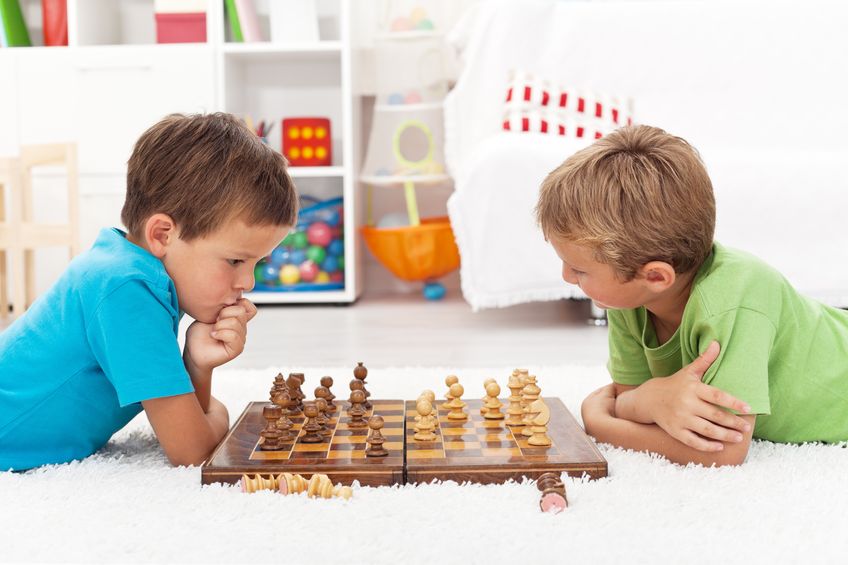

Does chess for education make a person smarter? Well it certainly can’t hurt. Chess brings out all the abilities of an individual. Chess can also have a positive influence on the development of both numerical and verbal aptitudes. Critical thinking is improved and the ability to concentrate has been greatly enhanced.
Chess will also help with memory development, imagination and creativity. You will see images in your mind of chess positions and the placement of your pieces. Your style and personality will be original. Learning chess is an excellent way to improve your overall abilities.
Chess for education promotes problem solving, decision making, critical thinking, concentration, and IQ. Students who participate in school chess clubs show twice the improvement than that of non-chessplayers. Chess lovers everywhere have believed that chess should be included in school studies. An example of how chess has helped school children can be found in the success of the group “Royal Knights” J.H.S. 99 in New York City’s East Harlem.
The Knights would be the first American scholastic chess team ever to visit the Soviet Union. Playing against Soviet kids, the Knights obtained a 50-50 split. They had shown the Soviets, some of the strongest scholastic players in the world, that the kids from the streets of East Harlem could play chess. Read more on the Royal Knights here.
At the heart of all Chess-in-the-Schools programming is the chess instruction. The School Program teaches chess to students in elementary and middle schools as part of their academic school day. This program has been in existence for more than twenty years during which Chess-in-the-Schools has taught more than 400,000 students to play chess.

